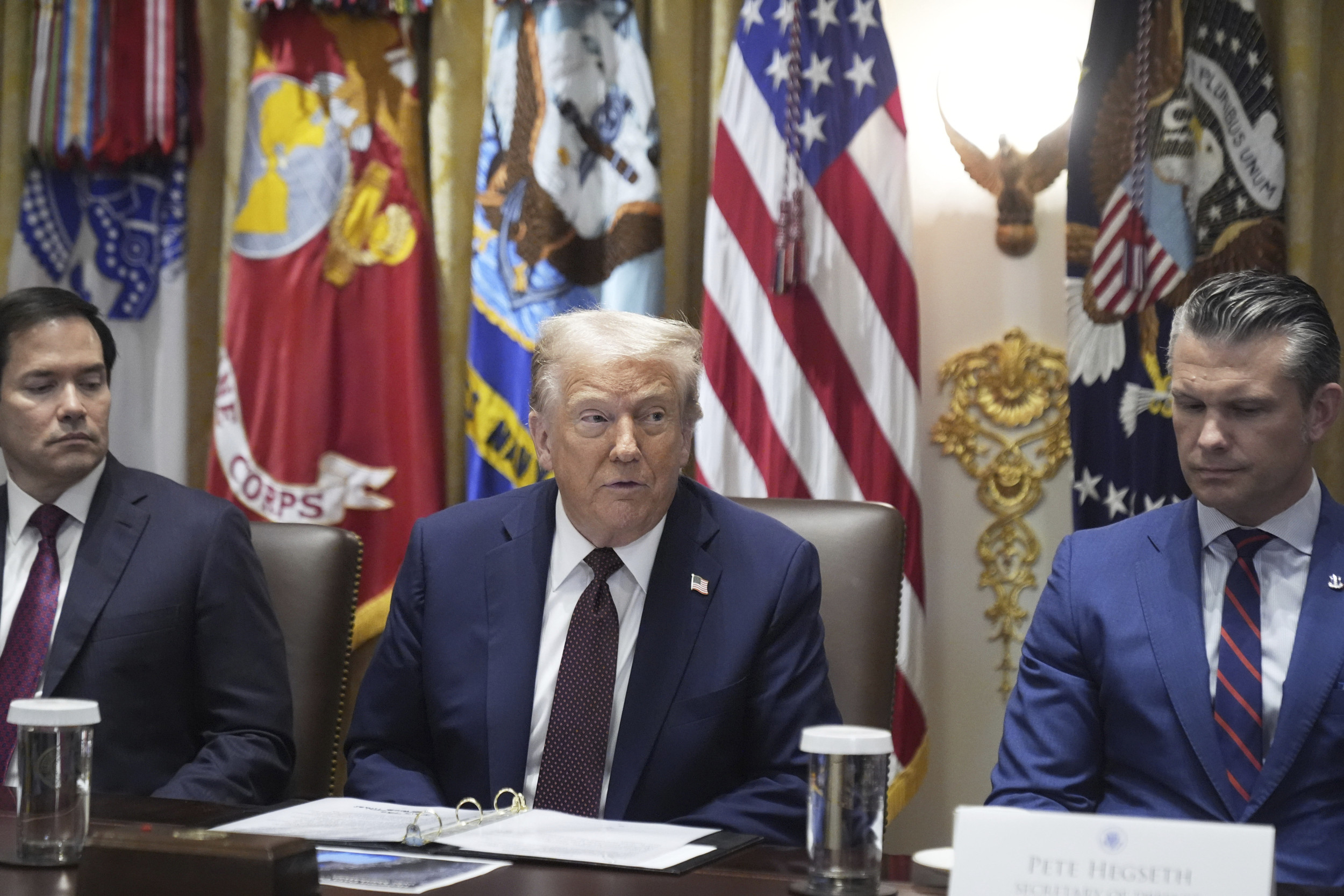URGENT UPDATE: President Donald Trump is set to significantly change the interpretation of a 38-year-old arms control treaty, opening the floodgates for expanded sales of advanced U.S. drones overseas. This developing plan aims to reclassify drones like the MQ-9 Reaper as conventional aircraft, effectively bypassing the restrictions imposed by the Missile Technology Control Regime (MTCR), which the U.S. signed in 1987.
U.S. officials confirmed that this reinterpretation would allow for quicker approvals of drone sales, particularly to Saudi Arabia, which has expressed interest in acquiring over 100 MQ-9 drones. The move is part of a larger strategy to compete with nations like China, Israel, and Turkey, who have already capitalized on the growing demand for drones in the Middle East and beyond.
Currently, under the MTCR, sales are generally denied unless buyers can demonstrate a compelling security need. By altering this interpretation, the Trump administration will be able to market U.S. drones similarly to how it sells fighter jets, such as the F-16. This shift is anticipated to benefit major American manufacturers like General Atomics, Kratos, and Anduril, who are poised to gain from increased international orders.
Sources indicate that the White House plans to announce these changes later this year. The reinterpretation is viewed as the first phase of a broader review of the Foreign Military Sales program, potentially enhancing the U.S.’s position as a leading supplier in the global drone market. A U.S. official stated, “This will allow the U.S. to become the premier drone provider instead of ceding that space to Turkey and China.”
This new policy direction comes in the wake of strained U.S.-Saudi relations, which have improved recently, especially following the October 2023 Hamas attack on Israel. Critics, however, express concern that prioritizing drone sales could engender violence in unstable regions, arguing it risks trading long-term security for short-term profit.
Despite the urgency of the proposed changes, the administration stresses that drone sales will still undergo scrutiny under the Foreign Military Sales process, which examines a buyer’s regional dynamics and human rights records. However, the accelerated sales process may undermine these safeguards, according to human rights advocates.
The implications of this potential policy shift are monumental. As global competition for drones intensifies, both military and consumer models are becoming indispensable to modern warfare. The reinterpretation of the MTCR could redefine how the United States balances arms control with the demands of its defense industry.
Stay tuned for updates on this breaking news as the situation develops. The ramifications of this policy could reshape U.S. foreign relations and arms sales strategies, making it a critical moment to watch.





































































